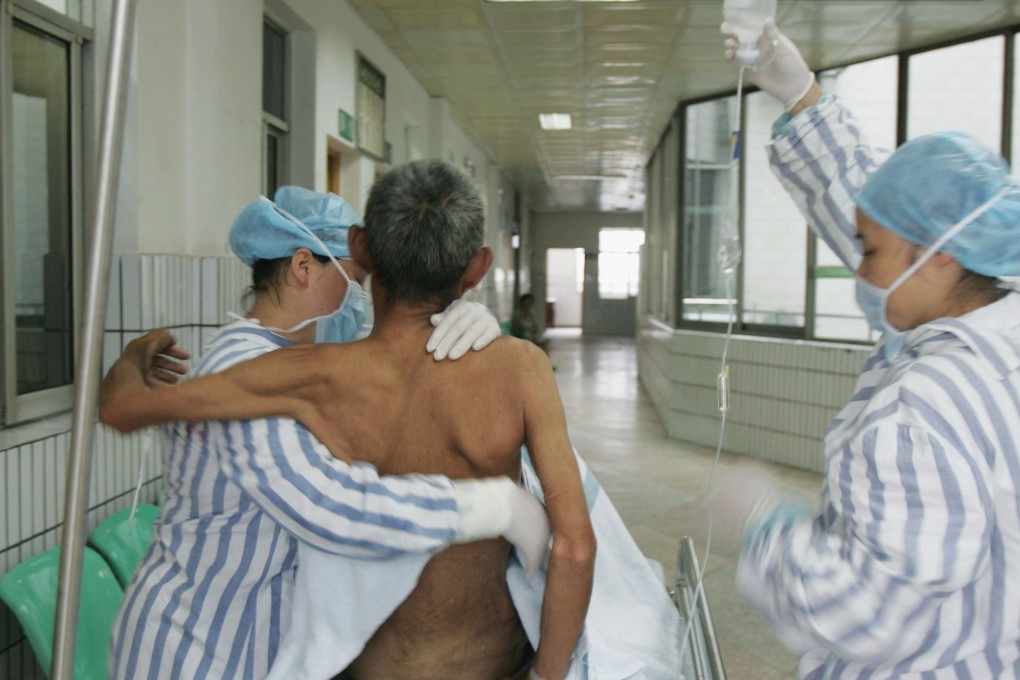Advertisement
Review | Tale of two Chinas – Taiwan and mainland, cosmopolitan and provincial – by Lo Yi-Chin, Faraway is a novelistic memoir about a father’s illness and a son’s dilemma
- Lo Yi-Chin’s memoir about the forces of illness, duty and bureaucracy sees its lead character torn between meeting the needs of a sick father and pregnant wife
- Faraway’s literariness references Italo Calvino, Gabriel García Márquez, Paul Theroux and V.S. Naipaul. But its terrain is that of two Chinas
Reading Time:3 minutes
Why you can trust SCMP

Faraway by Lo Yi-Chin (translated by Jeremy Tiang), pub. Columbia University Press
The latest work from Taiwanese author Lo Yi-Chin is a novelistic memoir, set between Taiwan and mainland China at the turn of this century.
Or perhaps it’s a novel where the main character shares the name of the author. According to its translator, “When I pressed him as to how much of the story was fictional, he claimed not to remember.”
Advertisement
Either way, Faraway is a work of deep introspection and sometimes overflowing imagery, a meditation on ageing and family, a memoir or novel of the wearing forces of illness, duty and bureaucracy.

It tells the painful story of Lo Yi-Chin’s journey to mainland China to bring back his aged and critically ill father.
Advertisement
Advertisement
Select Voice
Select Speed
1.00x